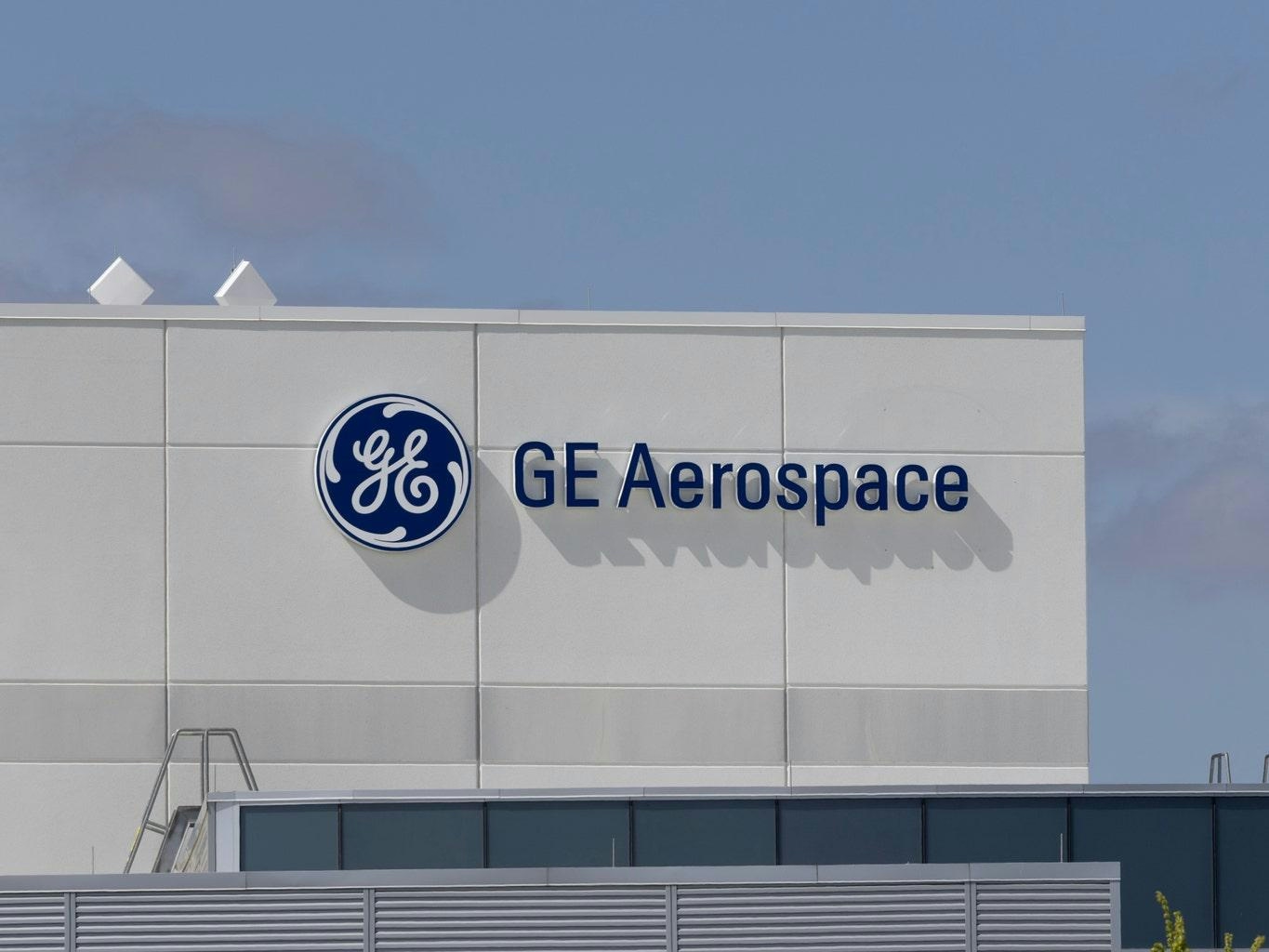
Smarter email, faster business.
Trending
DGCA Mandates Fuel System Inspections for Boeing 787 and 737
Categories
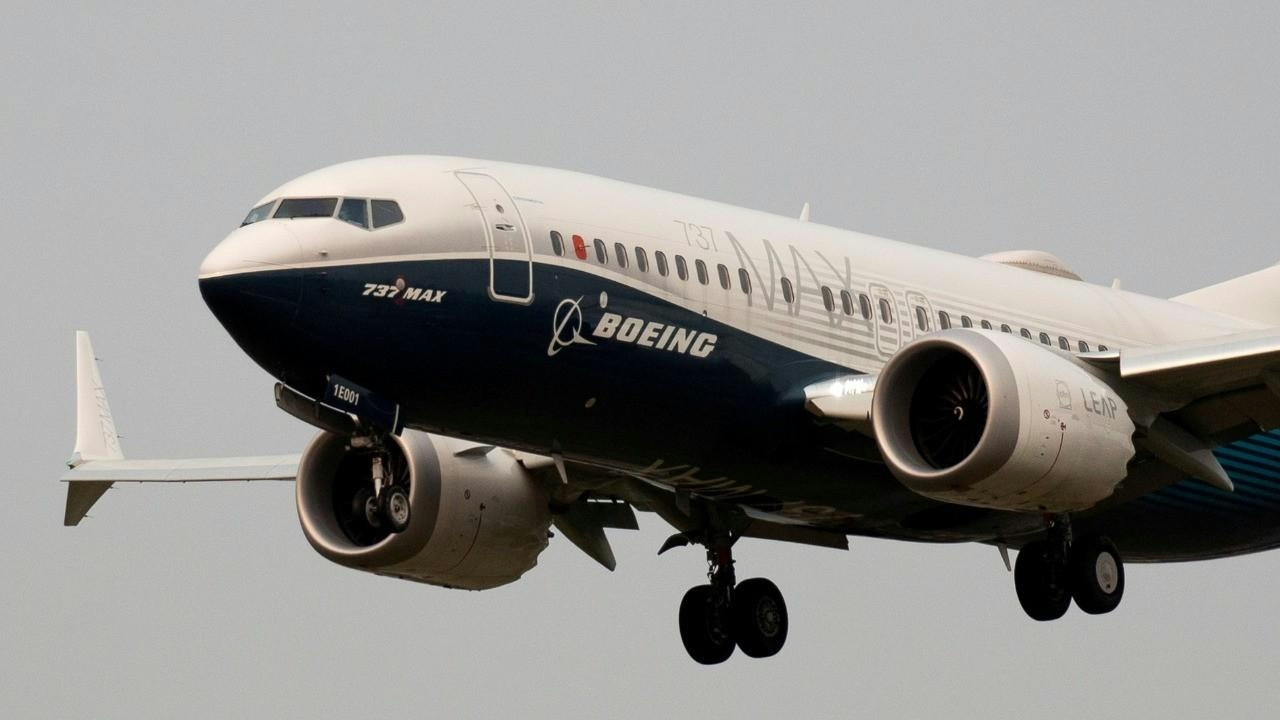
DGCA Orders Mandatory Fuel System Inspections for Boeing 787 and 737 Fleets
The Directorate General of Civil Aviation (DGCA) has issued a directive requiring all Indian airlines to conduct thorough inspections of the fuel system locking mechanisms on their Boeing 787 and 737 aircraft. This mandate follows the Aircraft Accident Investigation Bureau’s (AAIB) report on the recent Air India AI-171 crash, which raised concerns about the operation of the aircraft’s fuel control switches. The AAIB report noted that the engine fuel switches were disengaged prior to the accident, prompting questions about existing safety protocols and cockpit procedures.
Airlines are required to complete these inspections and submit detailed reports to regional DGCA offices by July 21. This directive echoes a 2018 advisory from the US Federal Aviation Administration (FAA), which had previously identified risks related to the potential disengagement of fuel control switch locking features on various Boeing models. In light of the AAIB’s findings, several international carriers, including Etihad Airways and Lufthansa, have initiated similar inspections of their Boeing fleets. These airlines have also issued guidance urging pilots to exercise heightened caution when handling fuel control switches, particularly on Boeing 787 aircraft.
Industry Response and Ongoing Investigations
Despite the increased scrutiny, both the FAA and Boeing have privately assured airlines and regulatory bodies worldwide that there is no immediate safety threat associated with the engines or fuel switch locks on Boeing 787s. Recent inspections have not revealed any significant safety deficiencies within the 787 fleet. Nevertheless, Boeing remains under intense global examination, especially following a separate incident involving the 737 MAX 9. This case is currently under investigation by the US National Transportation Safety Board (NTSB), which is probing potential regulatory oversights.
The AAIB report has ignited debate within the aviation community, particularly concerning the role of the flight crew in the Air India crash. Pilots’ associations have strongly rejected implications that the crew was responsible for the incident, arguing that attributing blame to deceased pilots is unjust. They have called for the inclusion of pilot representatives and technical experts in the ongoing investigation to ensure a fair and comprehensive review. Captain Sam Thomas, president of the Air Line Pilots Association (ALPA) India, criticized the AAIB report for its lack of transparency and consistency, highlighting that the report was unsigned and selectively leaked. He has advocated for a judicial inquiry involving subject matter experts and pilots, underscoring the complexity of modern aircraft systems.
“We don’t have confidence in this report. It creates more confusion and says nothing,” Thomas remarked, disputing suggestions that the pilots intentionally disengaged the fuel switches. He emphasized that verifying fuel control switches is a routine part of the pilot checklist, especially when addressing engine thrust issues.
As the DGCA and Indian airlines move forward with the mandated inspections, the aviation sector continues to navigate the delicate balance between stringent safety oversight and demands for transparent, thorough investigations into recent Boeing-related incidents.
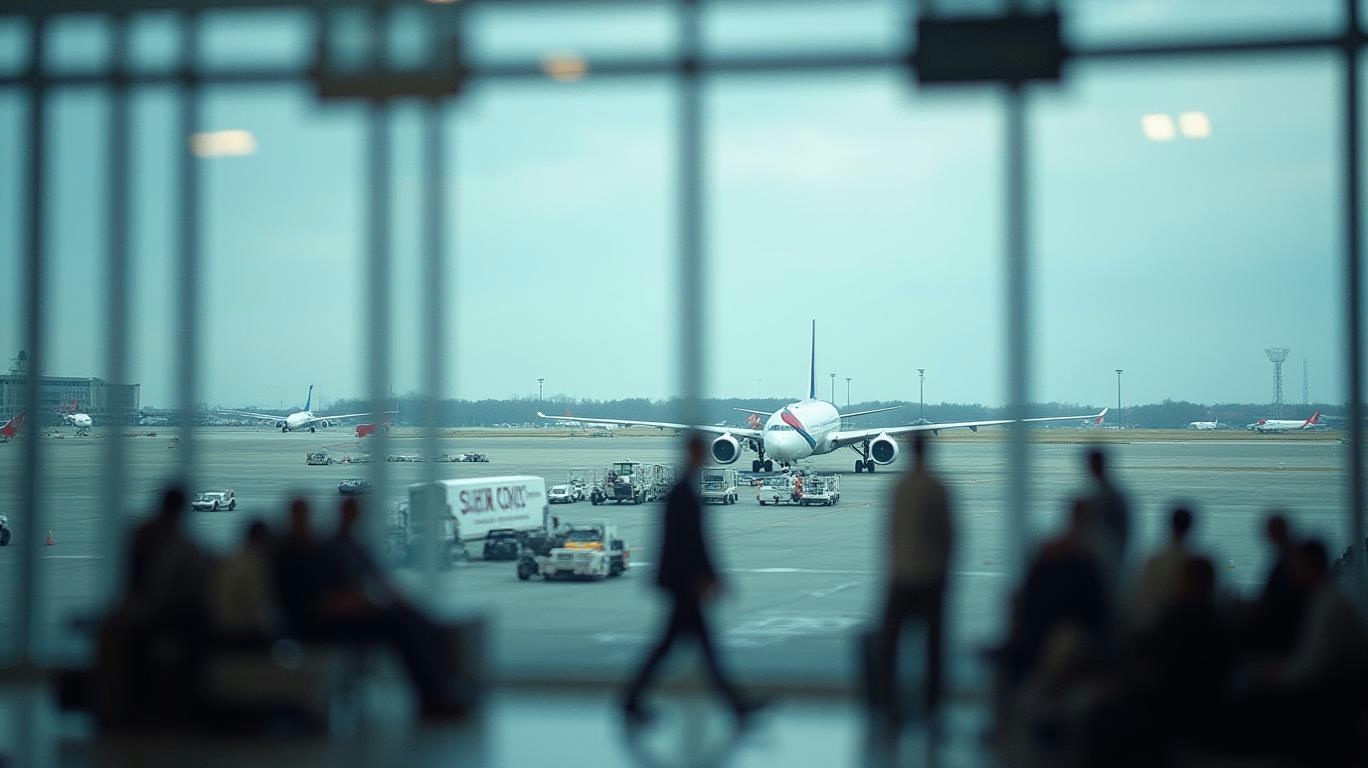
Will Delta Airlines’ AI Pricing Trigger A Customer Trust Crisis?
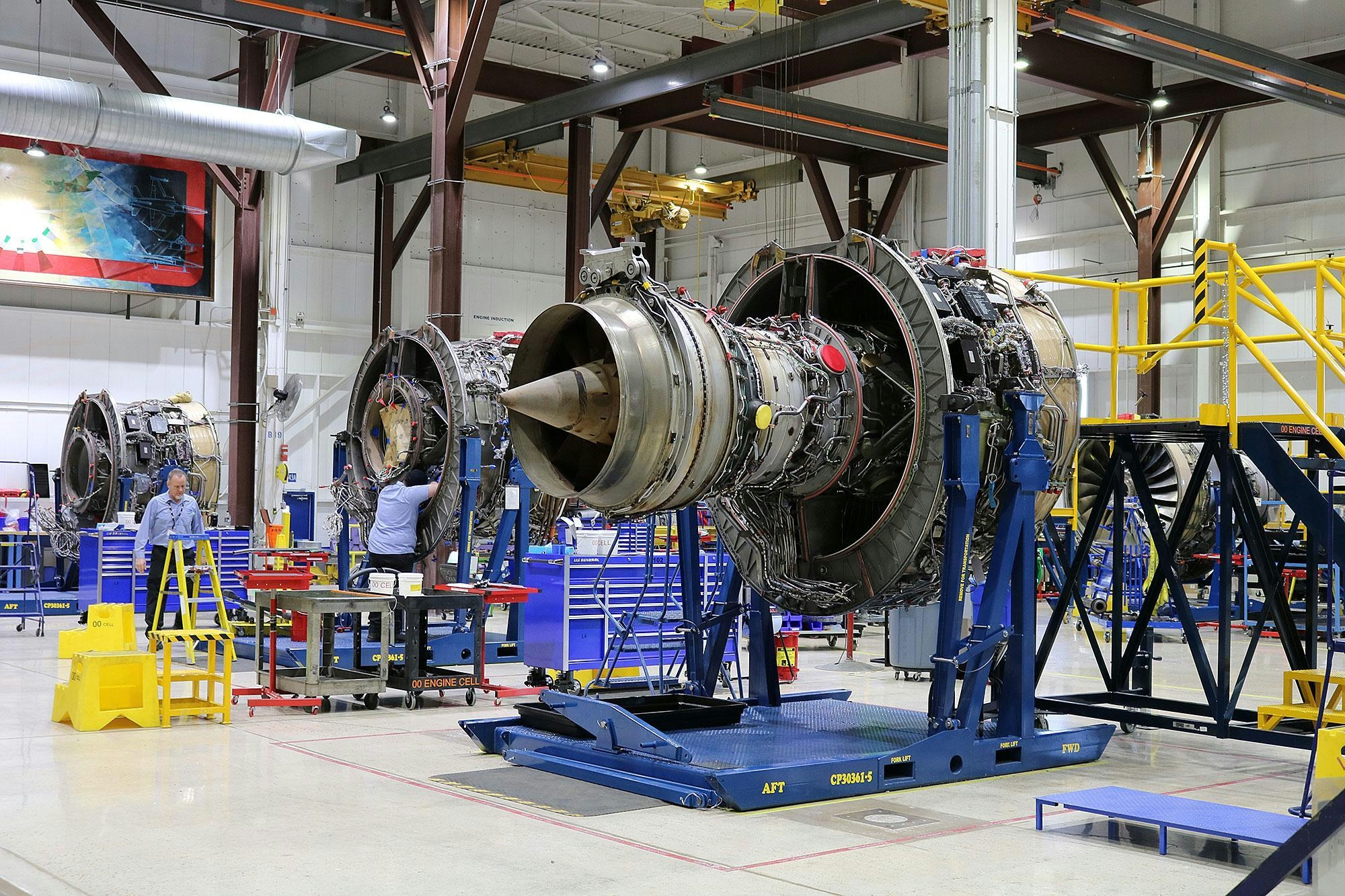
StandardAero Launches CFM56-7B Engine Exchange Service to Reduce Boeing 737NG Downtime
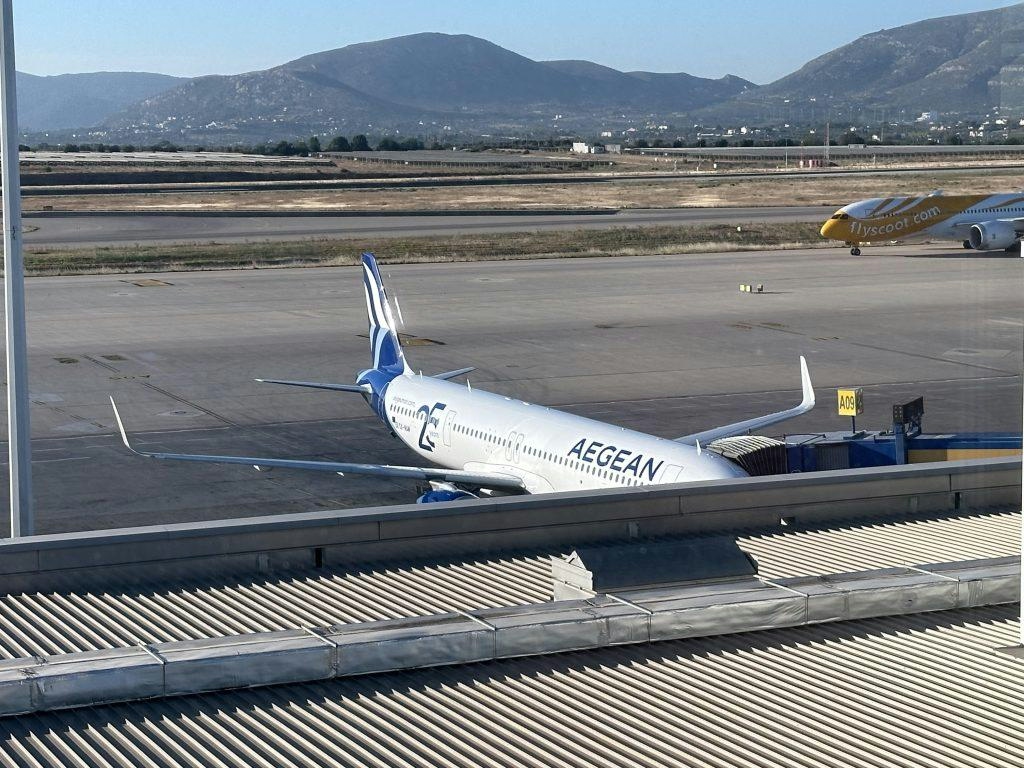
Aegean Airlines Reveals First Long-Haul Routes and Expands Airbus A321neo XLR Fleet
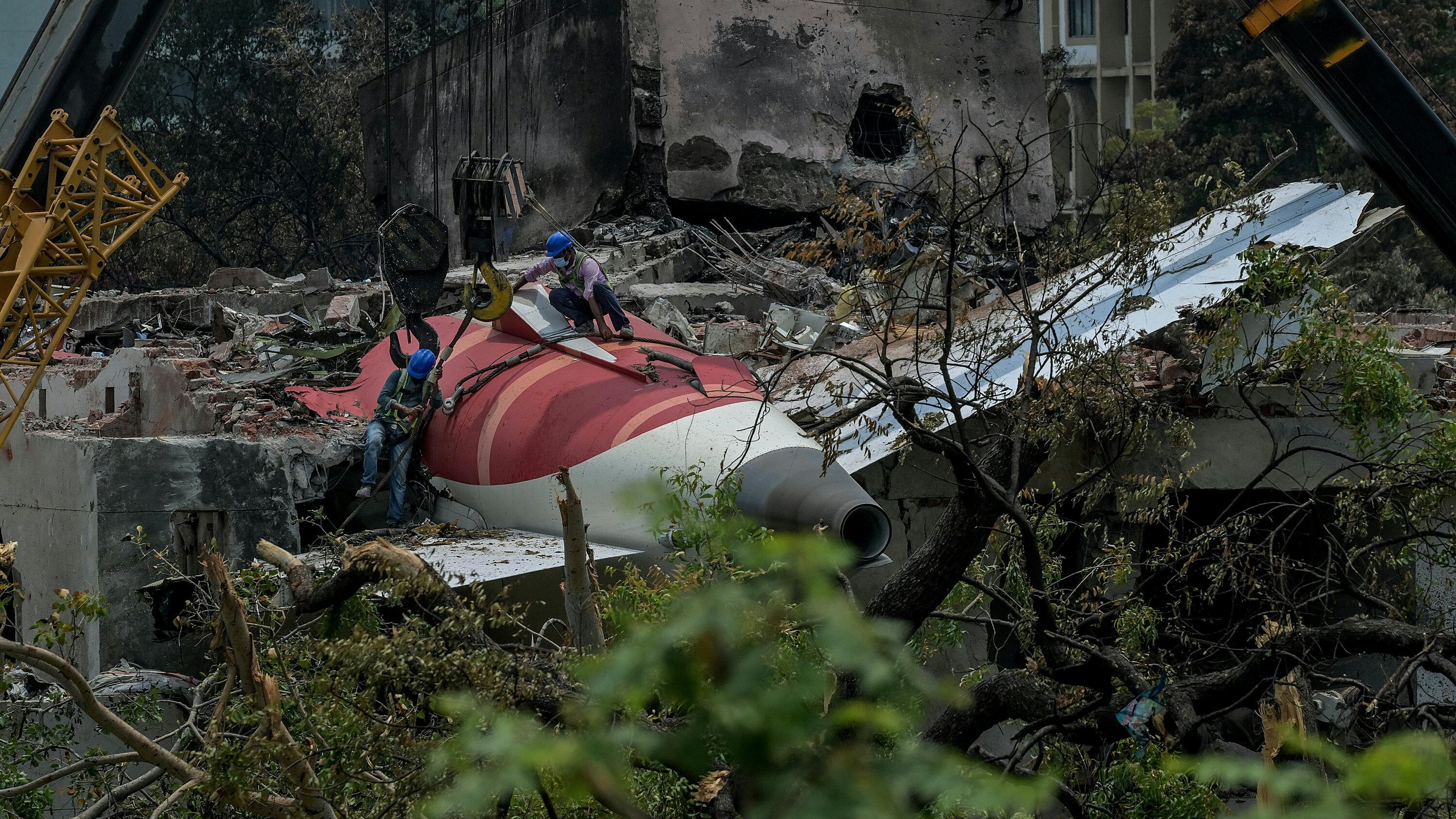
New Evidence Indicates Air India Pilot Reduced Fuel Before Fatal Crash
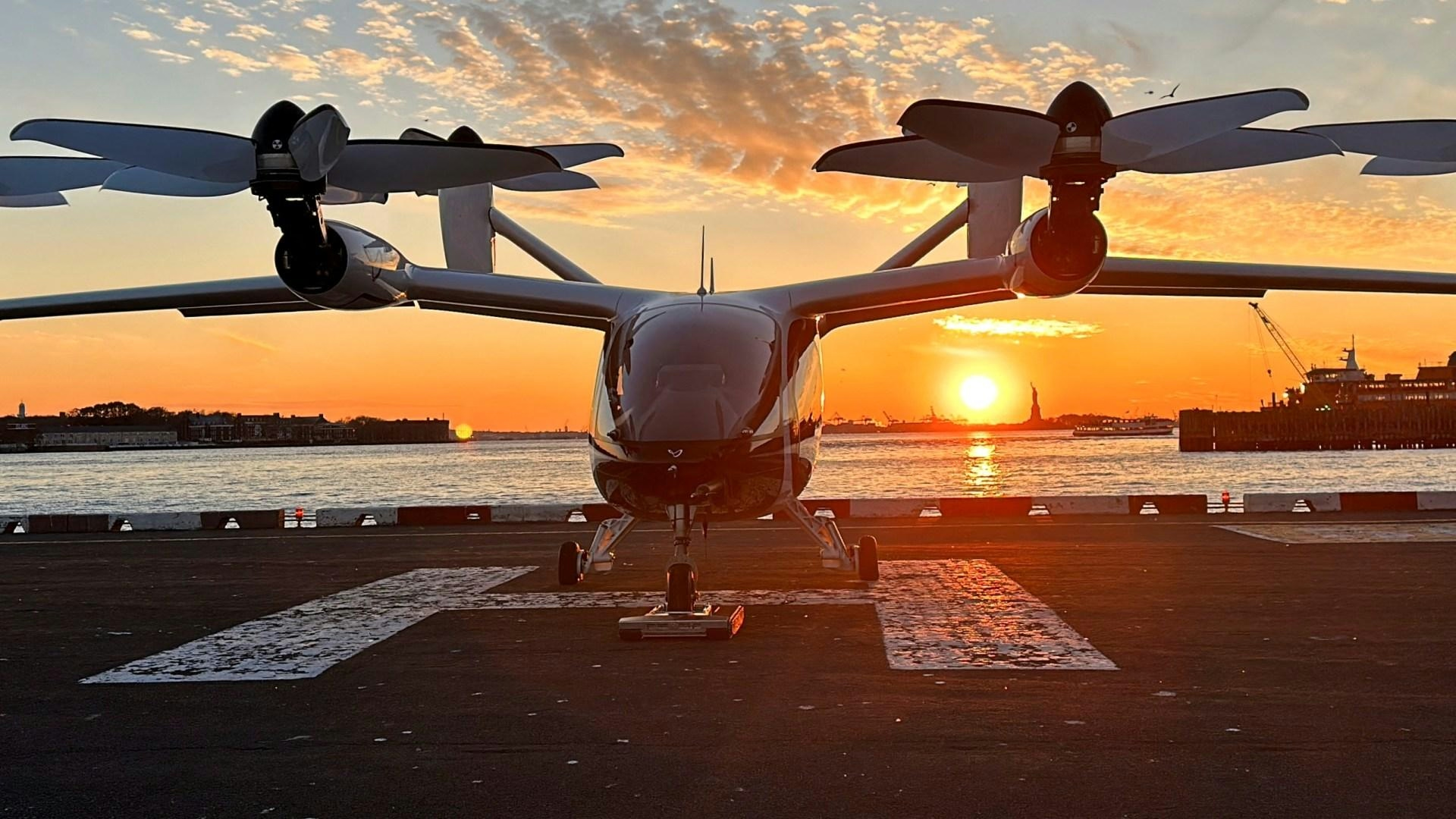
Maharashtra to Develop Vertiports for Air Taxi Operations Across Districts
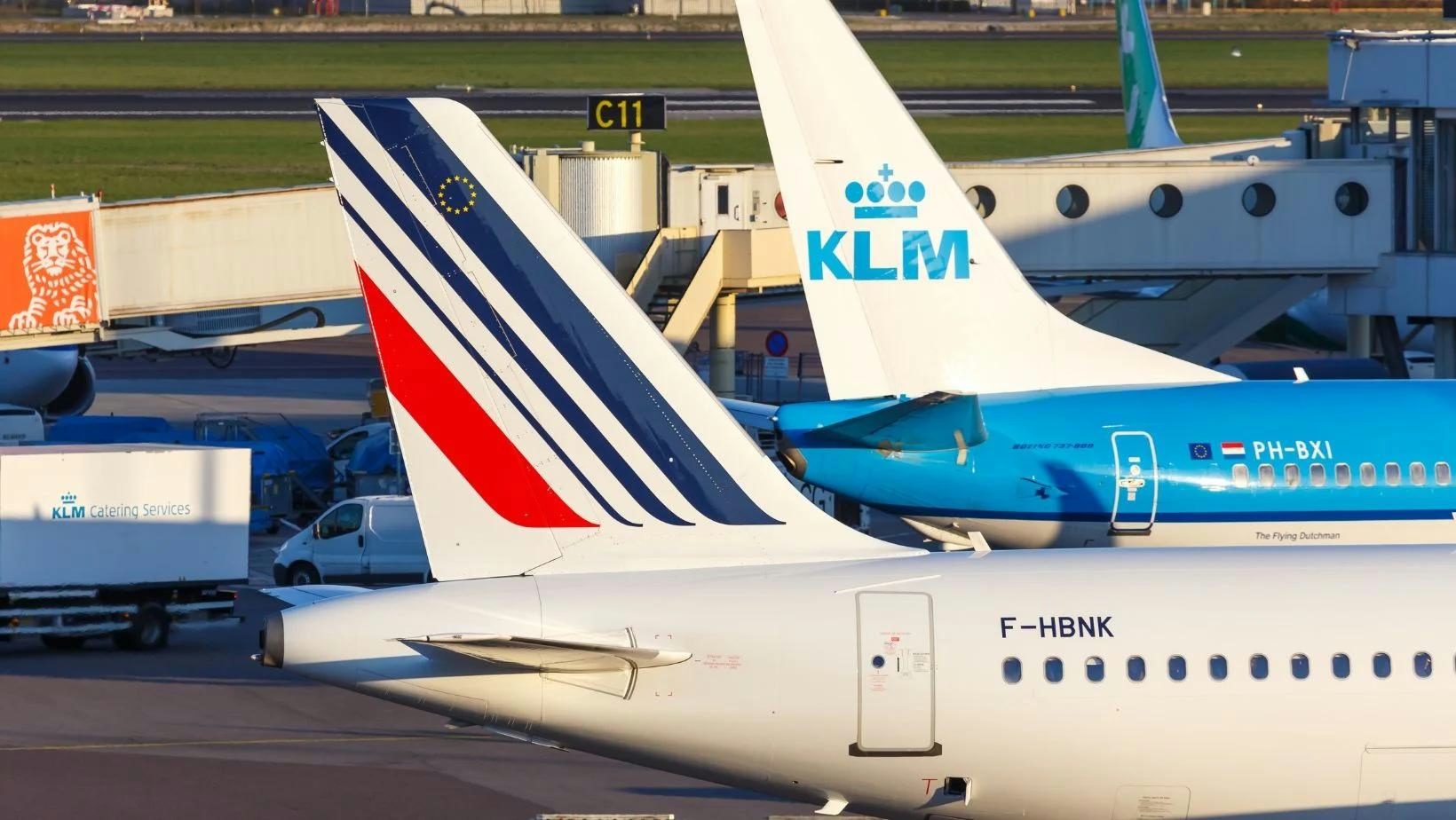
Air France-KLM Develops Cloud-Based AI Platform to Support Business Transformation

GE Aerospace Reports Strong Q2 Growth, Provides Updates on Key Engine Programs
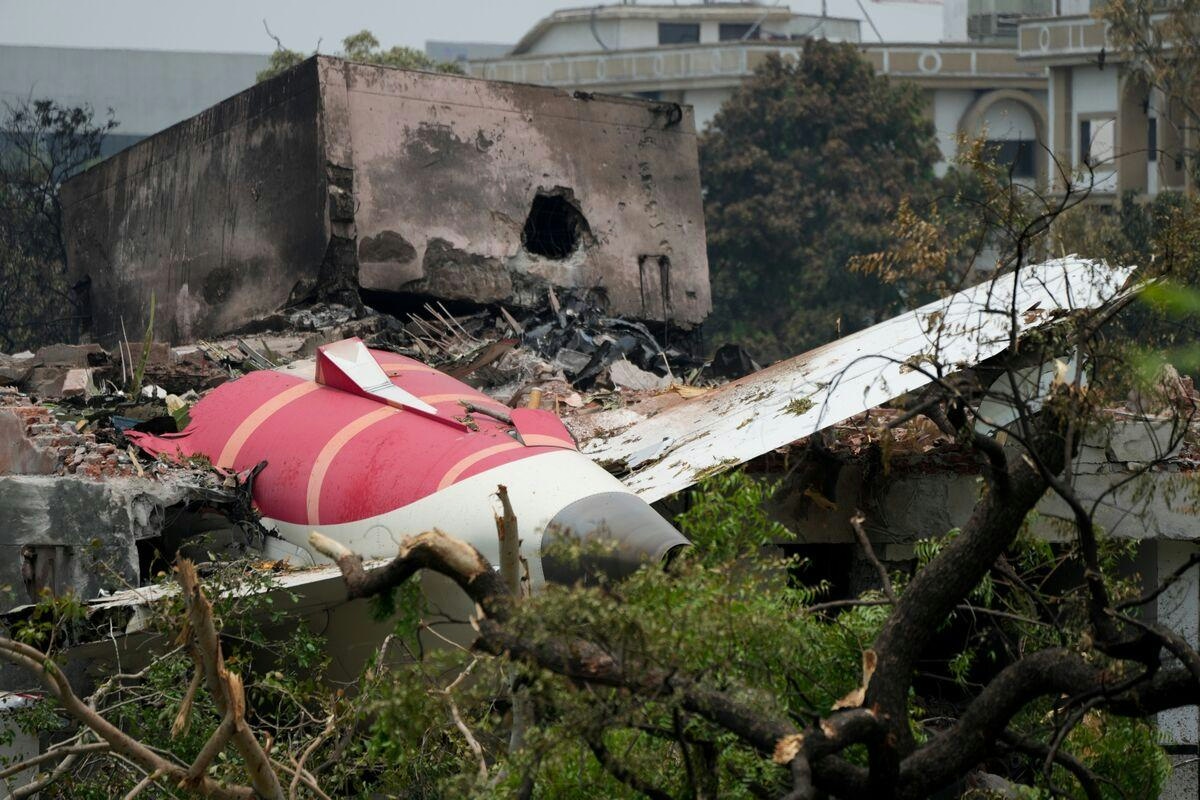
AAIB Criticizes Media for Speculation on AI-171 Crash
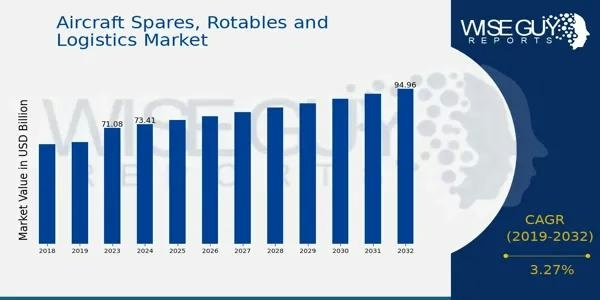
Aircraft Spares, Rotables, and Logistics Market: Steady Growth Amid Rising Global Aviation Needs
